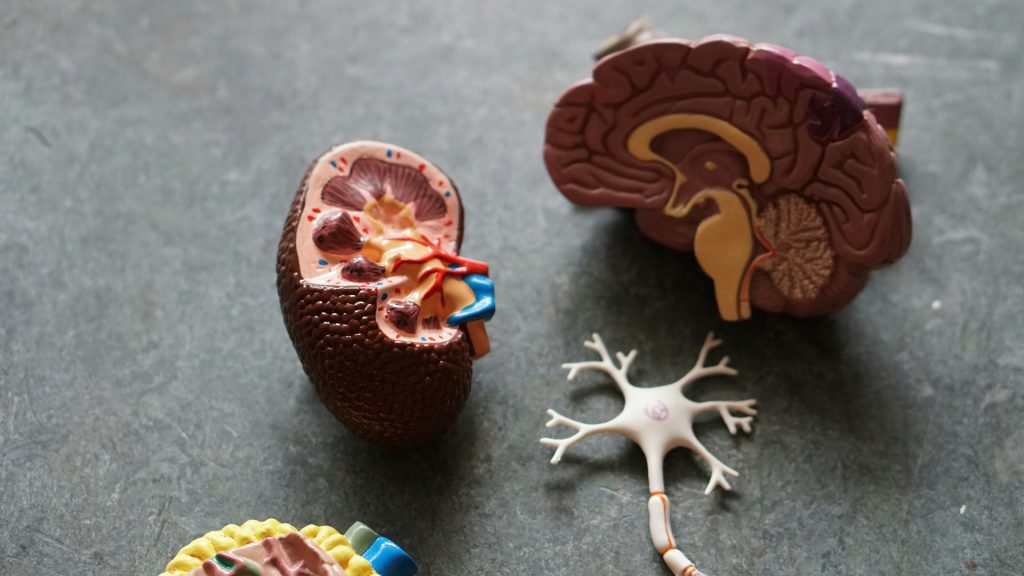When a Stroke harms the Heart: the silent “Stroke–Heart” connection
Cardiology, Cardiovascular diseases, Medical Diagnostics

Medical research in Germany is revealing a deeper, often overlooked link: how a stroke can directly damage the heart—a phenomenon dubbed “Stroke–Heart Syndrome.” This emerging concept highlights how the brain and heart, far from isolated systems, engage in critical cross-talk that can have serious implications for patients’ recovery and long-term health.
Neurologists at Charité–Universitätsmedizin Berlin, led by Dr. Jan Scheitz, observed that 50–55% of stroke patients show elevated troponin—a key marker of heart muscle damage—within days of the brain event. In 15% of cases, troponin levels reach those usually seen in myocardial infarction. This suggests that even without clogged coronary arteries, the heart may suffer significant injury post-stroke.
The neurological trigger? A cascade of stress and inflammation initiated in the brain. One mechanism, akin to the Takotsubo (stress-induced) cardiomyopathy, involves a surge of stress hormones like adrenaline. This “broken heart” condition weakens the left ventricle, mimicking a heart attack—but without arterial blockage. Researchers found 7% of Takotsubo cases followed a stroke or brain bleed, and intriguingly, a higher-than-expected proportion of men and younger patients experienced it in these scenarios. Damage to the brain’s insular cortex—a key regulator of heart function—may disrupt autonomic control, triggering acute cardiac injury.
Simultaneously, systemic inflammation post-stroke may impair the heart’s microcirculation. In animal models, a stroke alone induced cardiac dysfunction similar to Takotsubo, even in otherwise healthy hearts—underscoring the complex interplay between the brain and heart.
Clinically, elevated troponin after stroke poses a diagnostic dilemma. A significant portion of patients require heart catheterization—around 25%—but in many cases, no coronary blockage is found **()**. The German DZHK-led PRAISE trial, involving 24 hospitals, aims to develop a reliable algorithm to determine which stroke patients truly need invasive cardiac evaluation.
Early data indicate that beta-blockers may mitigate neuro-hormonal stress, protecting the heart, though robust human trials are pending. Further cooperation between neurology and cardiology teams, such as the Heart & Brain Center Göttingen, is strengthening interdisciplinary care and research towards targeted interventions.
Sources: https://dzg-magazin.de/wenn-ein-schlaganfall-das-herz-schaedigt/